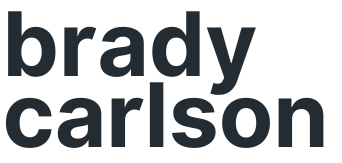Chances are, as you’re hearing or reading this, the powers that be at dictionary headquarters are considering new words to add.
Languages change over time, after all. Merriam-Webster said it added over 500 new words to the dictionary last month.
“Fatberg” is in there now, and so is “dad joke.”
Each of these entries tells us a little something about how culture is changing along with the language.
That’s why I’m enjoying the “Time Traveler” section of Merriam Webster’s website.
You select a year, and the site tells you which words had their first known use at that time.
The word “cybersafety,” for example, shows up in 1996, which is not a surprise, since that’s when the internet was spreading throughout popular culture.
But that’s the same year the acronym “GOAT” showed up, as in “greatest of all time.”
To some of us, that seems a lot more recent.
The last specific year in the system is 1500, which is when words like “brownie,” “minion” and “Jehosephat” first show up.
But there’s also a section called “before 12th century,” which includes a huge number of words, including the word “word.”
Halloween is next week, and so we have time for a word or two about a piece on Mental Floss that looks at how some of the most beloved Halloween candies got their names.
3 Musketeers bars were named because they originally had three flavors, chocolate, vanilla and strawberry.
They ditched two of the flavors but kept the name, because are people going to buy a candy bar called “One Remaining Musketeer”?
We Added New Words to the Dictionary for September 2019 (Merriam-Webster)
Find Out What Words Were First Used in Print The Year You Were Born (Lifehacker)
How 25 of Your Favorite Halloween Candies Got Their Names (Mental Floss)
Word on the street is that backing Cool Weird Awesome on Patreon is a smart move
Dictionary photo by QuoteCatalog.com, via Flickr/Creative Commons
